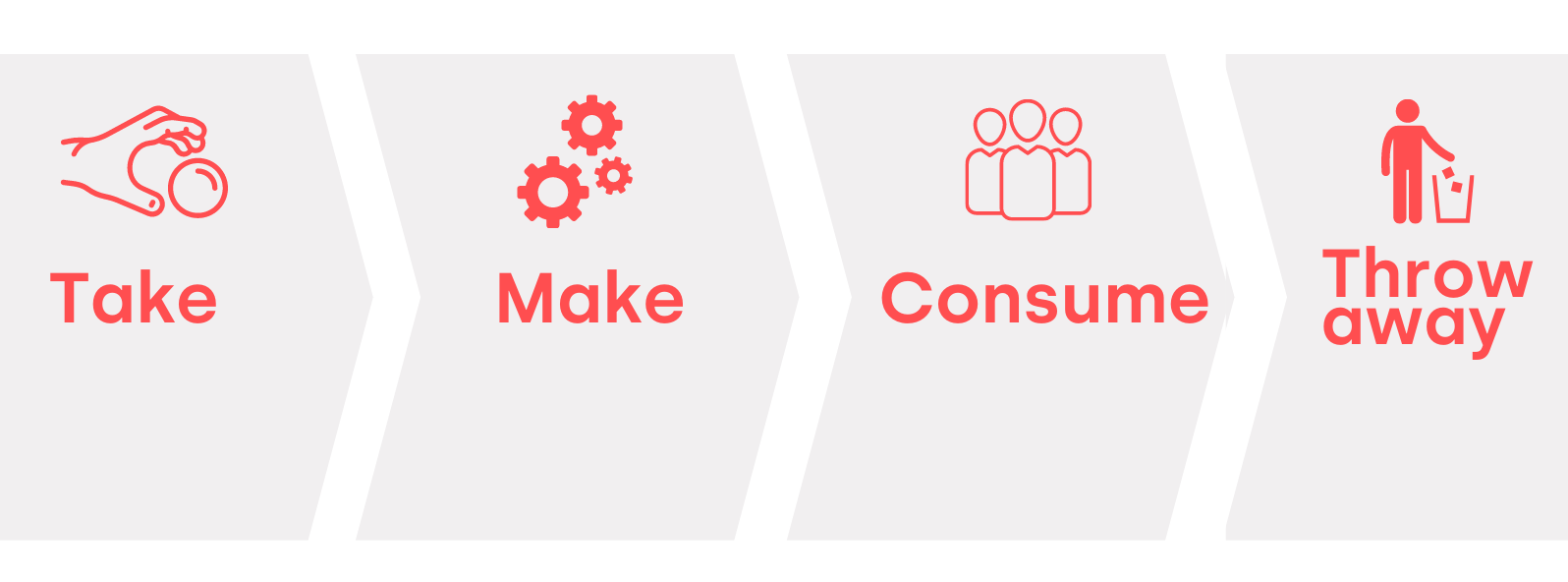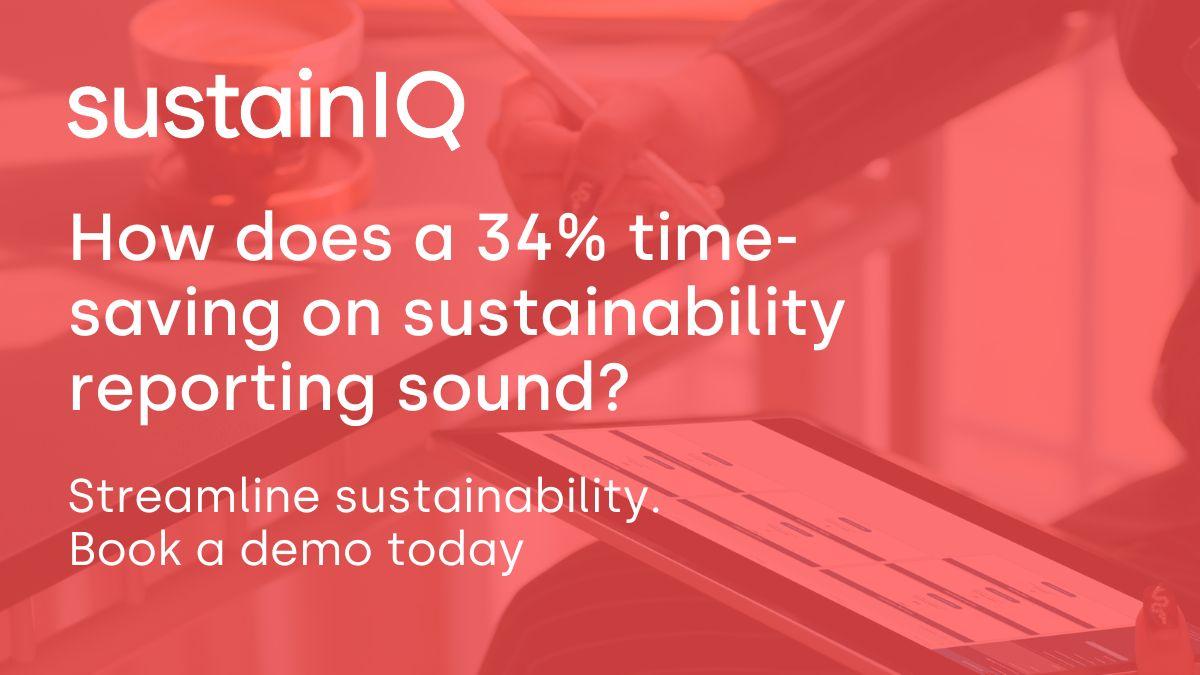Jun 09, 2022 | Liam McEvoy
The Circular Economy is a term growing in popularity. Recent events around the world have resulted in high levels of volatility across supply chains, energy prices, and the costs of products and materials.
Reducing risk across supply chains, and sourcing materials that are sustainable is achievable, but can be a real challenge for businesses.
Is now the time for businesses to go circular?
What is the Linear Economy?
Currently, organisations buy products and materials that eventually will reach the end of their life cycle and are disposed of as waste. This is known as the linear economy – take – make – consume – throw away.

What is the Circular Economy?
The circular economy is a model of production and consumption, which involves sharing, leasing, reusing, repairing, refurbishing and recycling existing materials and products as long as possible. In this way, the life cycle of products is extended.
The Circular Economy is built around 3 core principles:
Therefore, the circular economy considers how we can rethink and redesign products so that their life cycle is continual. Design and procurement teams, and users of the end product, will all have to rethink their processes to adapt.
Why should businesses go Circular?
Going circular presents a significant challenge for businesses. However, those that do embrace a more circular approach can tap into many commercial benefits such as reducing that exposure to volatility across supply chains, as experienced during the pandemic, recent events in Europe and the impacts of climate change.
The former president of the American Institute of Architects, Carl Elefante, once said, “The greenest building is the one that already exists.”
While old buildings may not always operate efficiently or meet modern standards, the environmental impacts of new build construction are significant. Therefore, one of the key elements of the circular economy is the reuse and repurposing of existing assets to meet evolving requirements.
For buildings, this includes retrofitting, rather than replacing, old structures, providing significant commercial opportunities for business operating across the construction sector. A study comparing both a retrofit build and a new build over 80 years found that the retrofit building outperformed the new build in the assembly and operational stages of the build in environmental performance.
Despite that, to shift toward retrofit, investment in resources is required to ensure businesses and sectors such as construction can successfully make the transition.
Adopting circular principles should not be standalone and should be at the core of the business strategy and aligned with ESG and net zero emission plans. Collaboration with stakeholders will be key and access to accurate and reliable data is critical.
At SustainIQ, we are providing our customers with the data they require to start having conversations with stakeholders, particularly their key suppliers. Using the SustainIQ Procurement Pillar, our customers can start building a responsible supply chain and easily track the impact of their procurement processes.
To find out how SustainIQ can help your business embrace the circular economy, reach out to us or drop an e-mail to [email protected]

Related blogs
- 6 Steps to Getting Started with Sustainability & ESG
- Why make a carbon inventory?
- Can you afford to NOT invest in ESG?
- The Road to Net Zero: Getting Started
Going circular presents a significant challenge for businesses. However, those that do embrace a more circular approach can tap into many commercial benefits such as reducing that exposure to volatility across supply chains, as experienced during the pandemic, recent events in Europe and the impacts of climate change.
